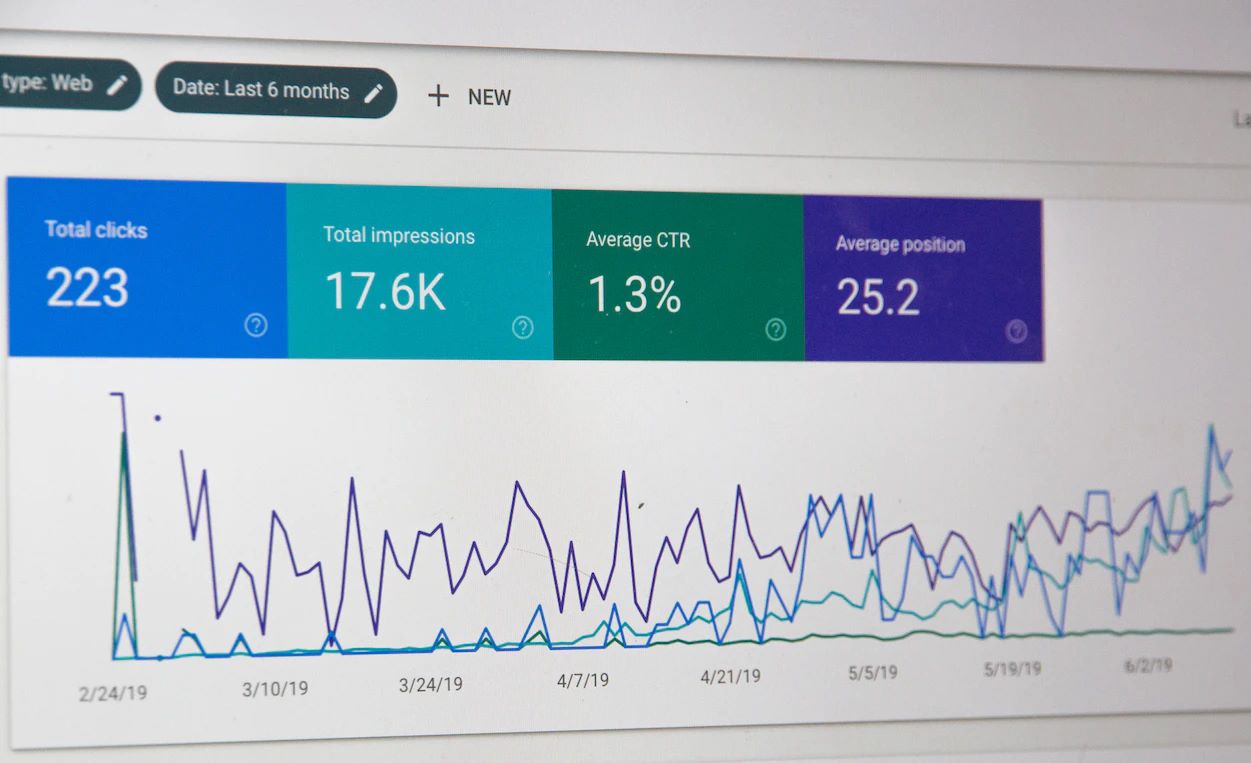|
Picture this: you’re an artist looking to begin marketing yourself, so you decide to create a website to showcase your work. After searching your name in Google, your site appears at the top of the page. Sounds like a dream, right? Well, you’re in luck, because it’s entirely possible! In order for your website to succeed, there’s an important concept you need to know: search engine optimization, or SEO for short. It sounds intense, but we’ll walk you through how it works. What is SEO?
SEO is a term widely used by marketers, but businesses and organizations of all disciplines use it. To put it simply, it refers to the process of improving one’s website in order for it to appear first on search engines. In general, SEO plays a significant role in making your website more visible to others. However, there are several other reasons why artists benefit from utilizing this process. Why is SEO helpful? As we’ve learned, SEO plays a part in websites being ranked high on search engines like Google. Because of this, these sites are deemed credible and trustworthy and tend to garner more clicks compared to lower-ranked websites. This can also lead to an increase in brand awareness. Additionally, SEO is a form of organic marketing. For those who are unfamiliar, this marketing tactic drives traffic to a brand’s website, social media, or other platforms without investing in paid advertising. In other words, it’s completely free! Now that you’ve learned the benefits of SEO, how should you begin the process? We’ve compiled a short list of tips to help you get started! URLs and Keywords When creating the URL for your website, the key is to make it simple yet specific to you and your business. For example, let’s take a look at this mock URL, www.johndoephotography.com. Including the keyword “photography” is crucial for creating your URL, as it will essentially reflect what your website is about. With this in mind, choosing the right keywords is an important aspect of what makes SEO successful. Understanding keyword research and incorporating popular terms that users search for will benefit your website and rank it higher on search engines. Headlines Although it may seem obvious, organizing and labeling the headlines for your website proves to be beneficial to SEO. When creating each page of your website, you’ll likely come across tags like H1, H2, and so forth. These tags indicate the main subjects of your page, with H1 being the most important. If you utilize these tags correctly, the main concept of your website should be tagged as H1, which helps search engines understand which part of your website is most important. Incorporating your keywords in these headlines will also optimize your site and rank it higher. Links In order to see improvements related to SEO, there are many factors that come into play. While formatting your website correctly significantly helps, the content itself also matters. Include reliable, credible links in your website! This will not only enhance your content, but can also influence other organizations to link your site within their content. Slow and Steady Wins the Race And there you have it! The results from optimizing your website won’t come overnight. However, staying dedicated and continuing to improve your site will help both you and your business grow. Continue to learn and improve, and you’ll be making your way to the top in no time!
0 Comments
Leave a Reply. |
AuthorKristine Dizon is a multi-faceted performer, teacher, writer, author, linguist, and entrepreneur. She is Founder & CEO of the Music & Language Learning Center, The Modern Artist Project and co-founder of the Gran Canaria International Clarinet Festival and American Single Reed Summit. She is an artist for Uebel Clarinets and Silverstein Works. Learn more at www.kristinedizon.com. Archives
June 2024
Categories
All
|



 RSS Feed
RSS Feed
